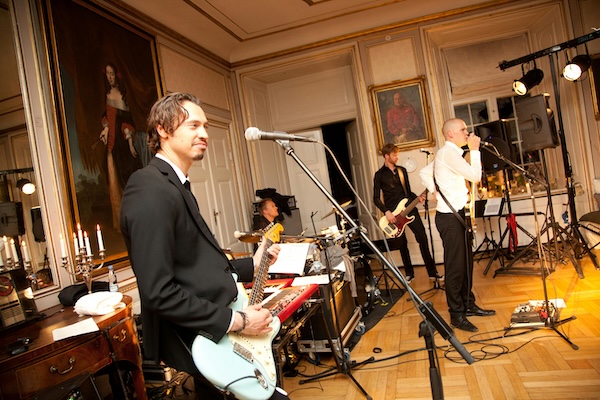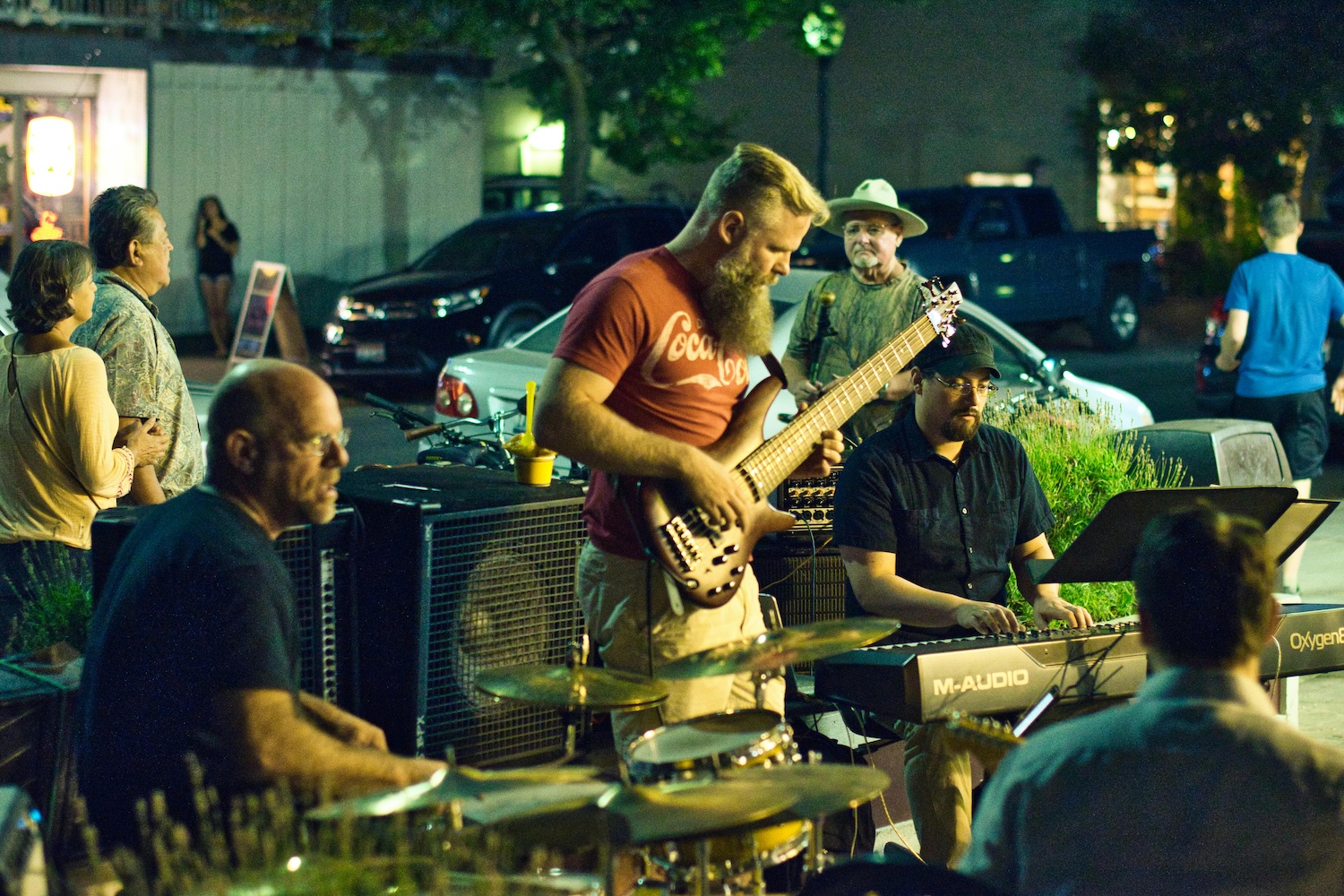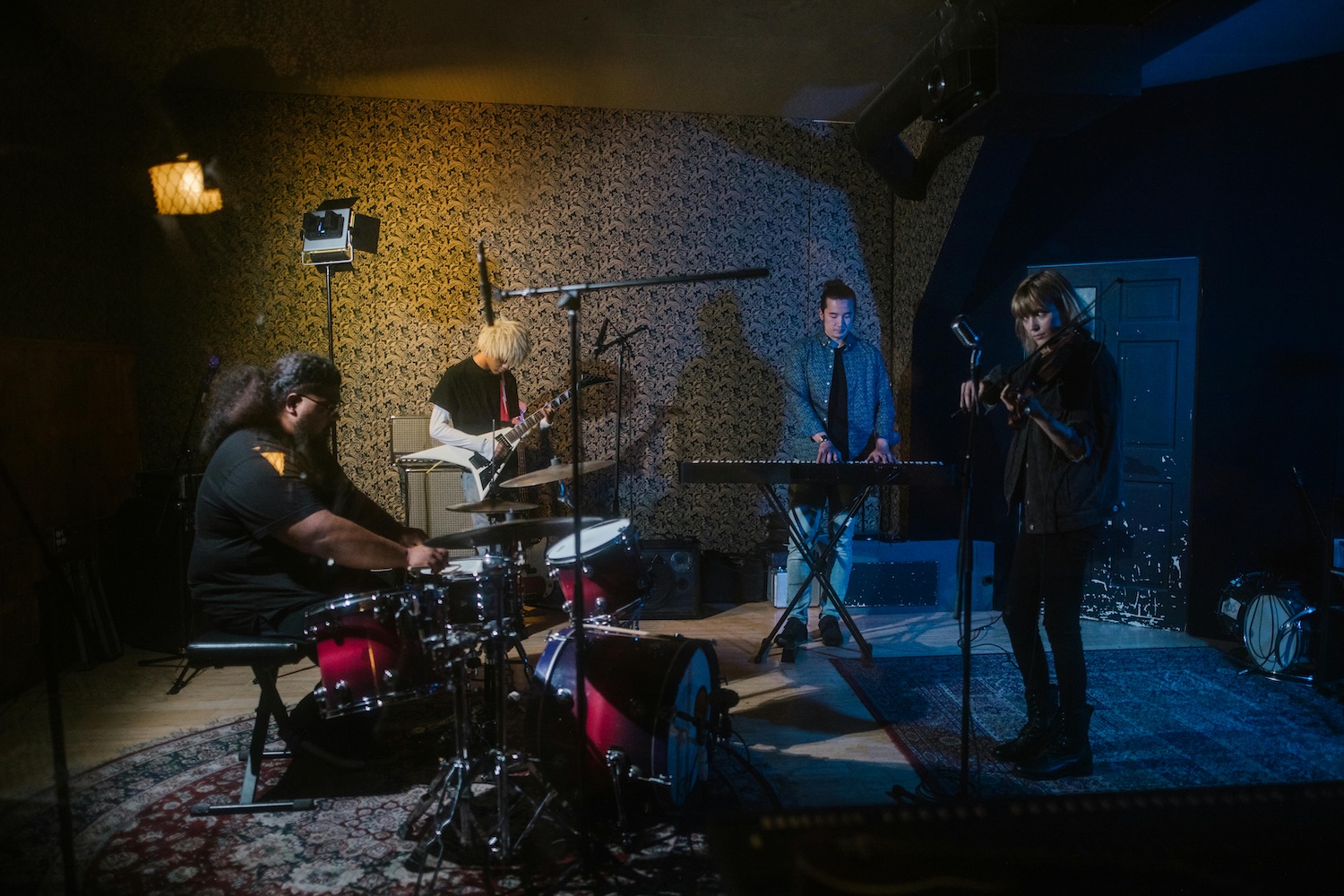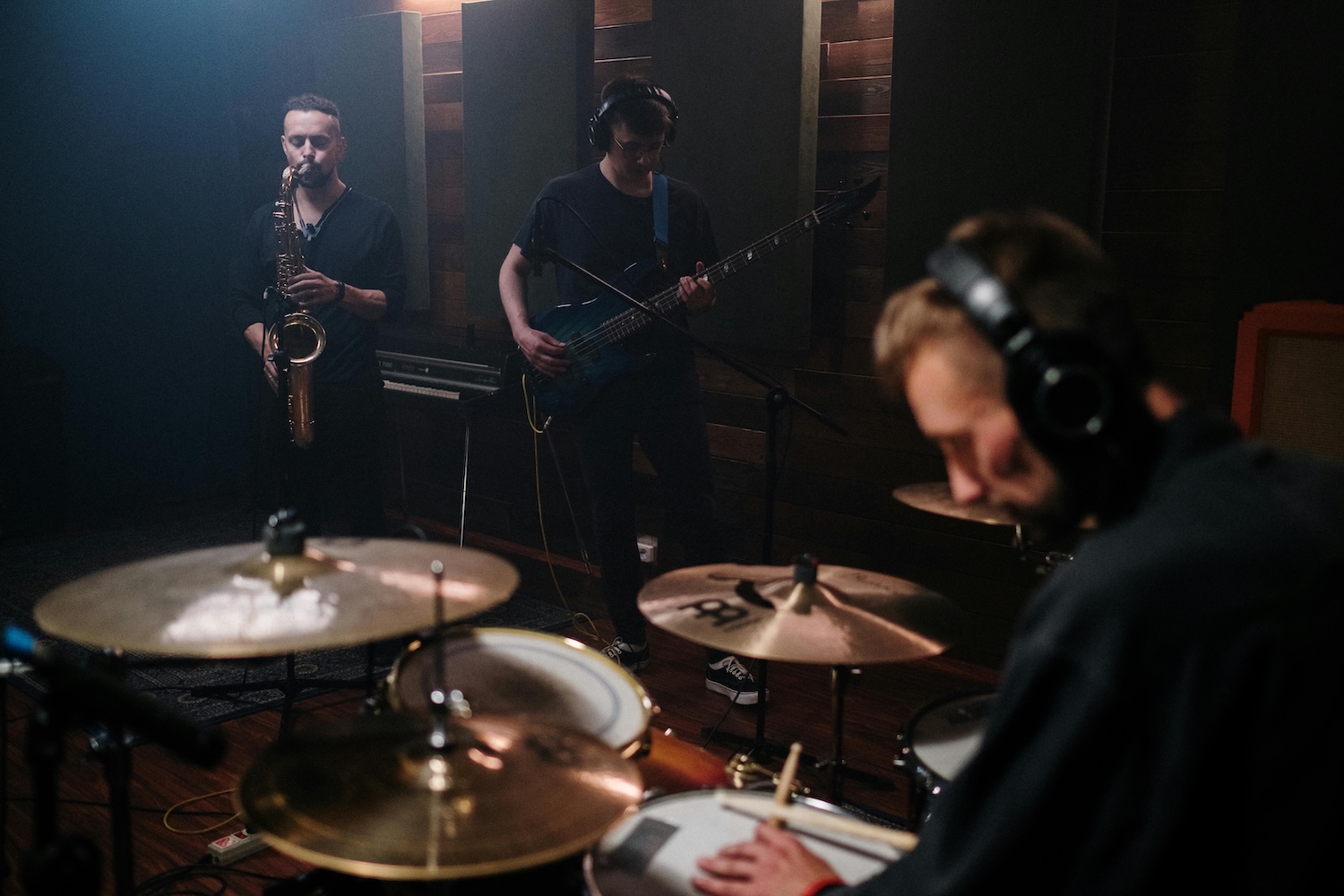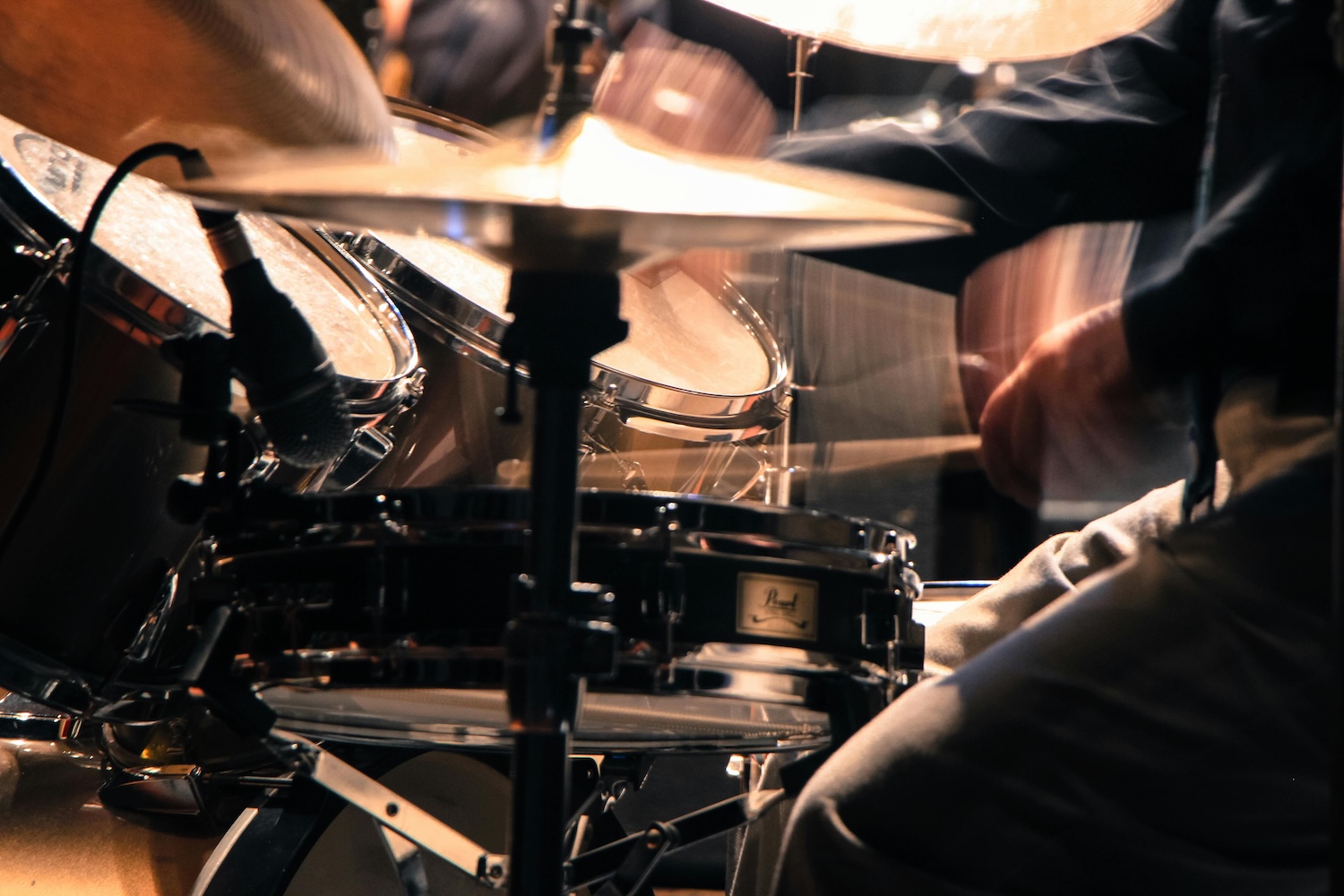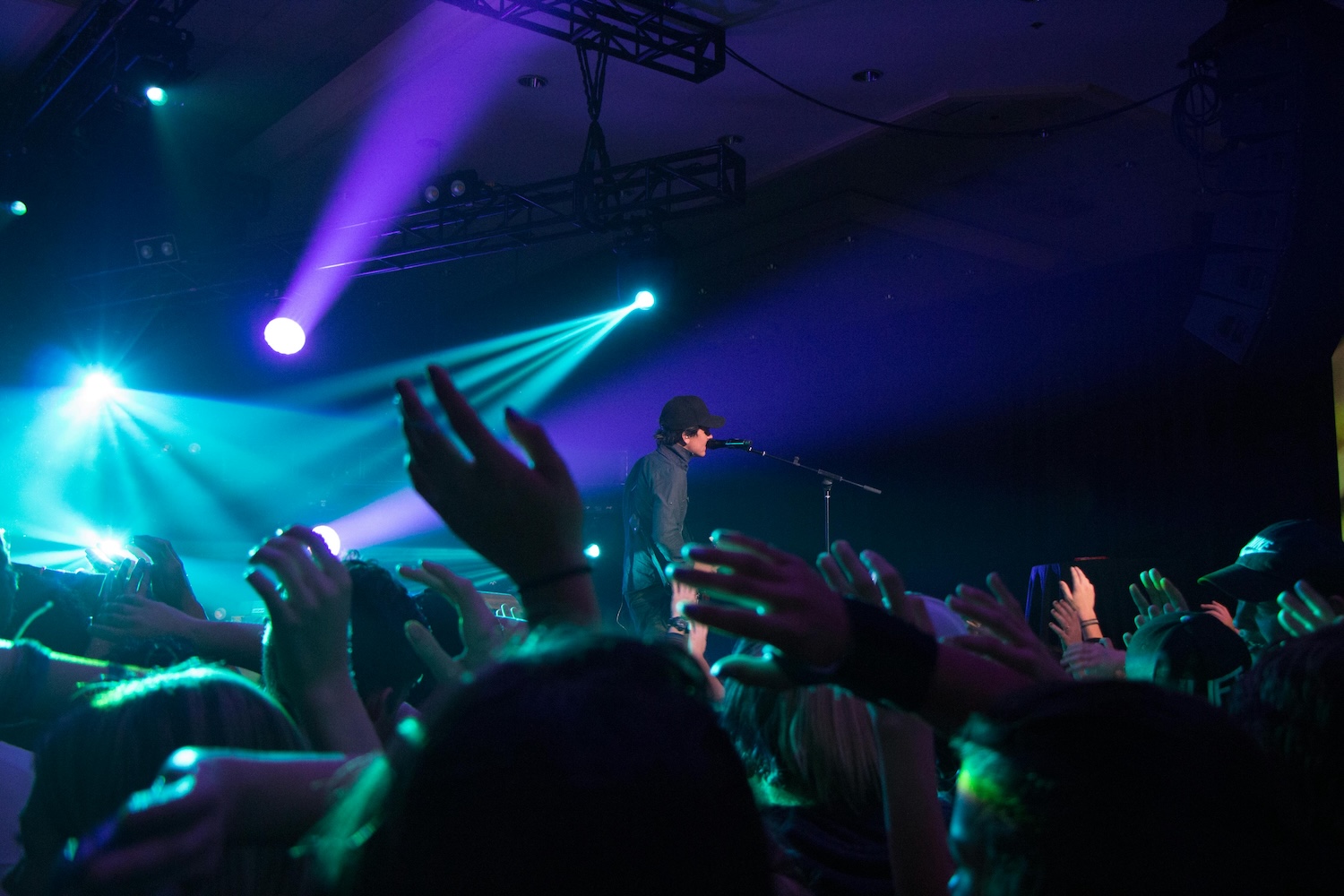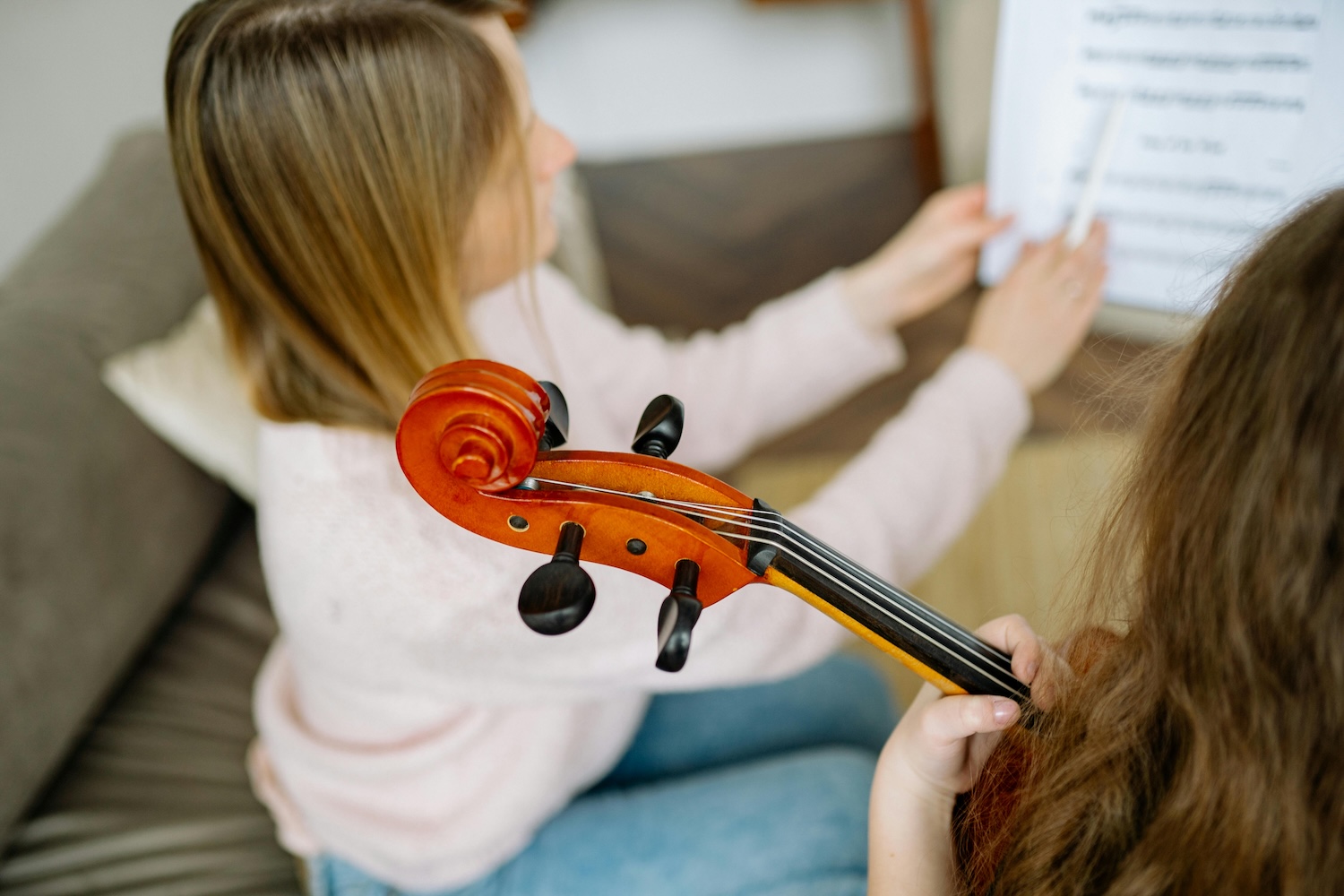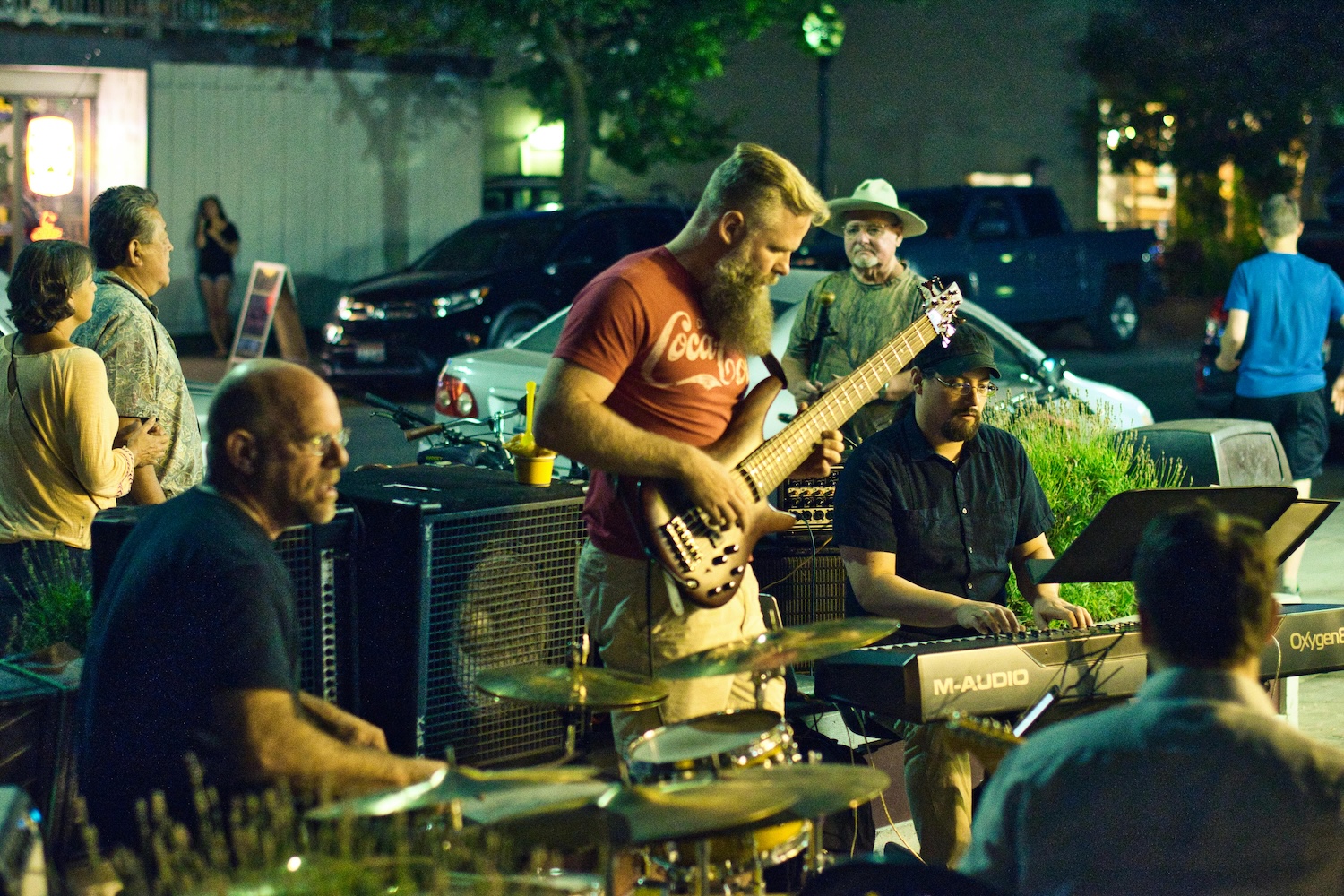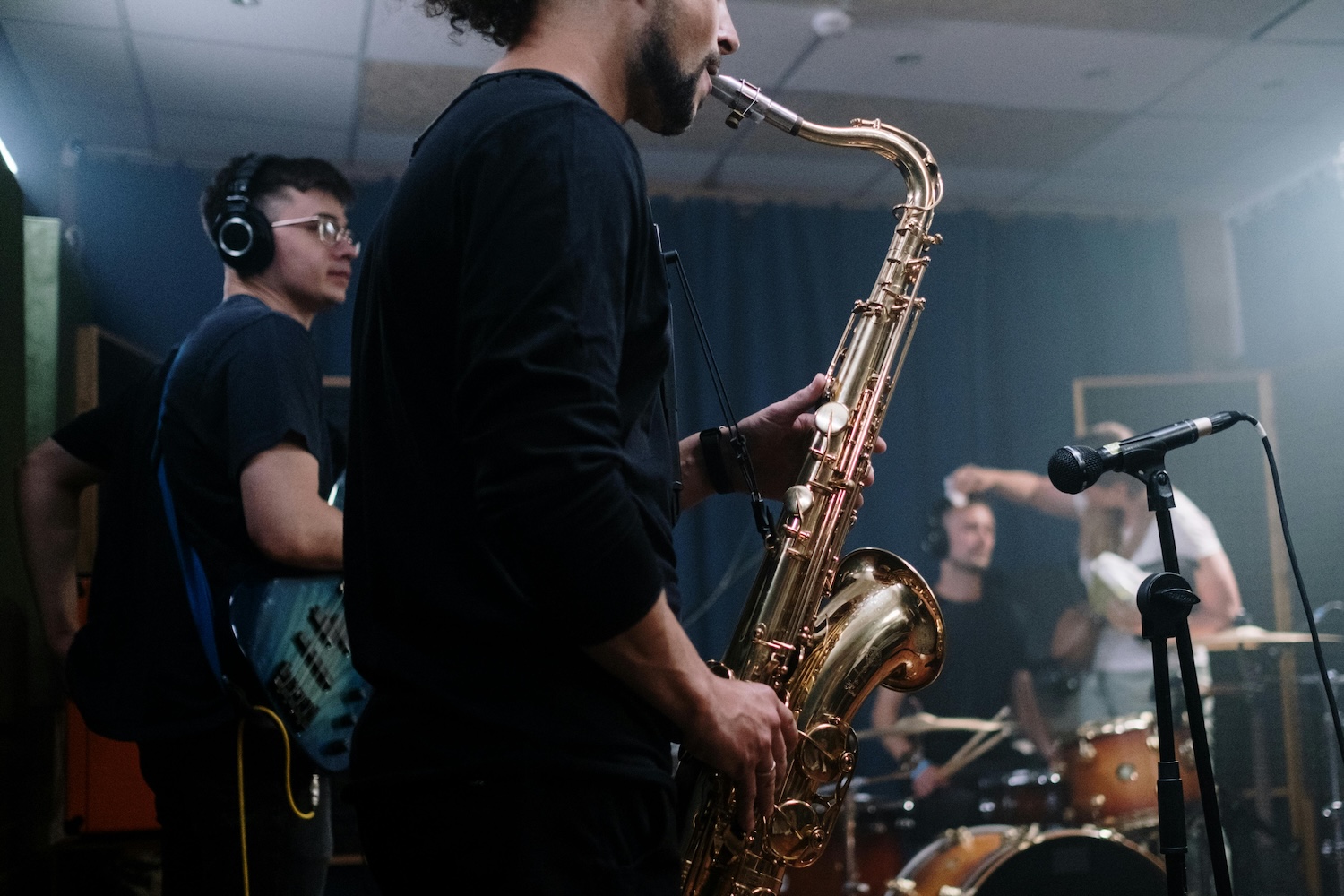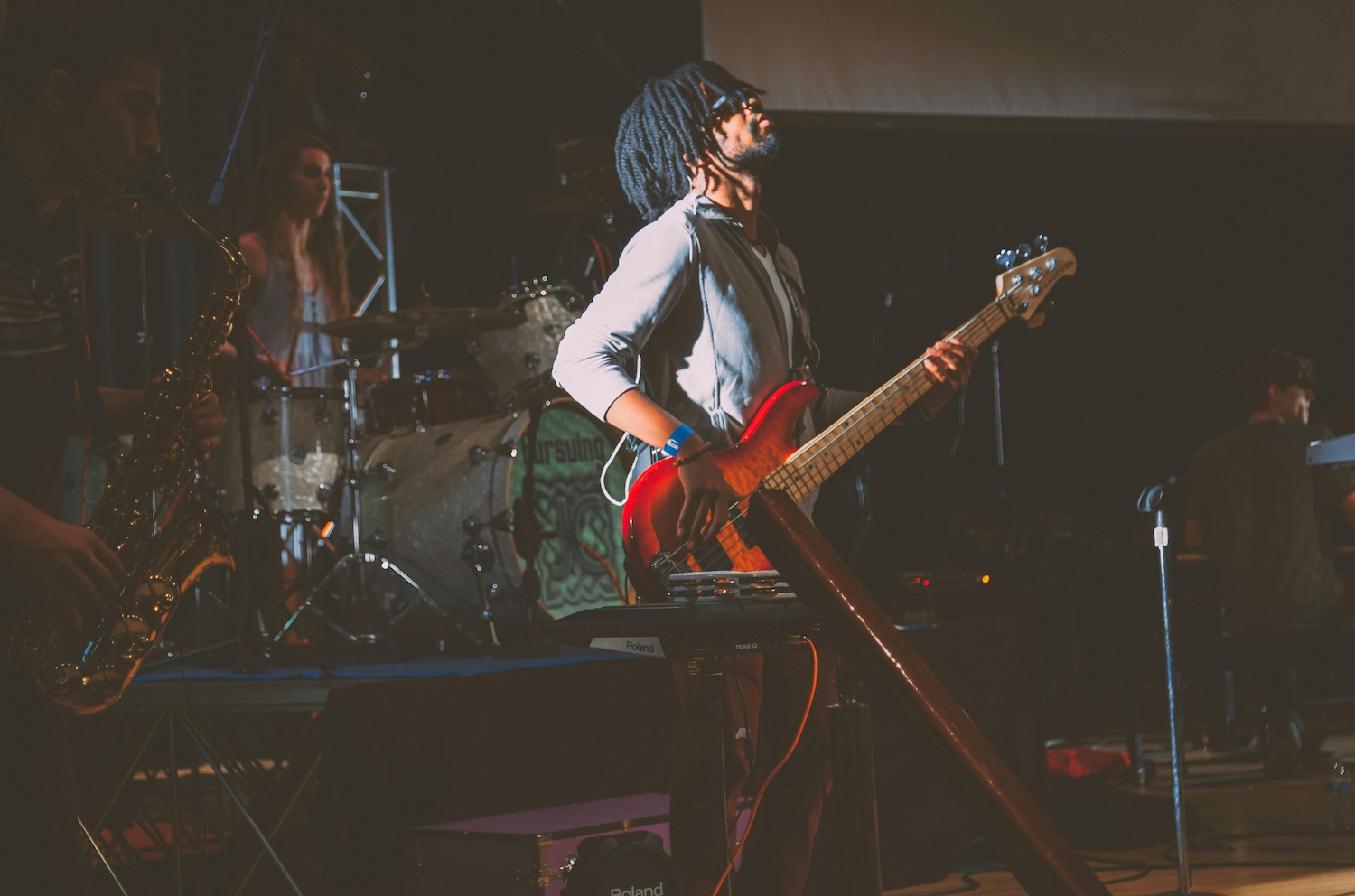What Can Rock Musicians Learn from Classical Ensembles – and Vice Versa?
An inspiring comparison of working methods, respect for the score, groove, and musical interaction
At first glance, a rock band and a classical ensemble might seem worlds apart. But beneath the surface—beyond the differences in sound, style, and performance—there are valuable lessons to be learned on both sides. What happens when we dive into each other’s musical traditions and working methods? Here are some reflections that can inspire both rock and classical musicians to think differently about their craft.
Respect for the Score vs. Freedom in Arranging
Classical musicians are trained in precision and a deep respect for the score. Great care is taken to honor the composer’s intentions—dynamics, phrasing, and intonation are all rehearsed with discipline. Rock musicians could benefit from occasionally adopting this mindset: to approach their music with fresh eyes and appreciate the details in an arrangement that might otherwise be overlooked in the pursuit of energy and attitude.
Conversely, classical musicians might draw inspiration from the freedom that defines much of rock music. Rock bands often develop songs collaboratively, with everyone contributing ideas, and improvisation plays a big role. This sense of creative ownership can add energy and originality—even in classical contexts when interpreted thoughtfully.
Groove, Flow, and the Invisible Connection
One of the biggest strengths of a good rock band is its ability to groove. It's not just about staying in time—it’s about feeling the music together and creating a shared pulse. This instinctive sense of timing and collective rhythm is something classical ensembles can explore more deeply, especially when playing rhythmically driven or contemporary pieces.
At the same time, classical ensembles excel at listening and balancing sound. Musicians are trained to blend and follow subtle shifts in the music—often without visual cues or verbal communication. This discipline can elevate a rock band’s dynamics and unity, encouraging greater awareness of sound, timing, and nuance among even the most seasoned players.
Discipline and Group Roles
In classical ensembles, there’s an established work ethic: musicians prepare individually, arrive ready, and respect the conductor’s leadership. Rehearsals are structured and focused. Many rock bands could take notes here, especially when it comes to maximizing rehearsal time and developing a shared musical language.
On the other hand, rock bands often operate with more democratic or fluid roles. There may be no formal leader, and ideas flow freely between members. This flexible, organic process fosters creativity and a strong group identity—something classical ensembles can use to breathe new life into their interpretations or collaborative projects.
Mutual Respect Opens New Doors
When classical and rock musicians meet, the result can be something truly special. Not because they should become the same, but because mutual respect unlocks new ways of thinking, playing, and listening. The future of music may well lie in the spaces between the written and the improvised, the precise and the spontaneous.
No matter your genre, there’s always something to learn from someone who plays differently than you. And maybe the key to becoming a better musician isn’t just practicing more—but listening differently.
Have you experienced musical crossover between rock and classical worlds? We’d love to hear your story. Reach out and help us build bridges between genres.







